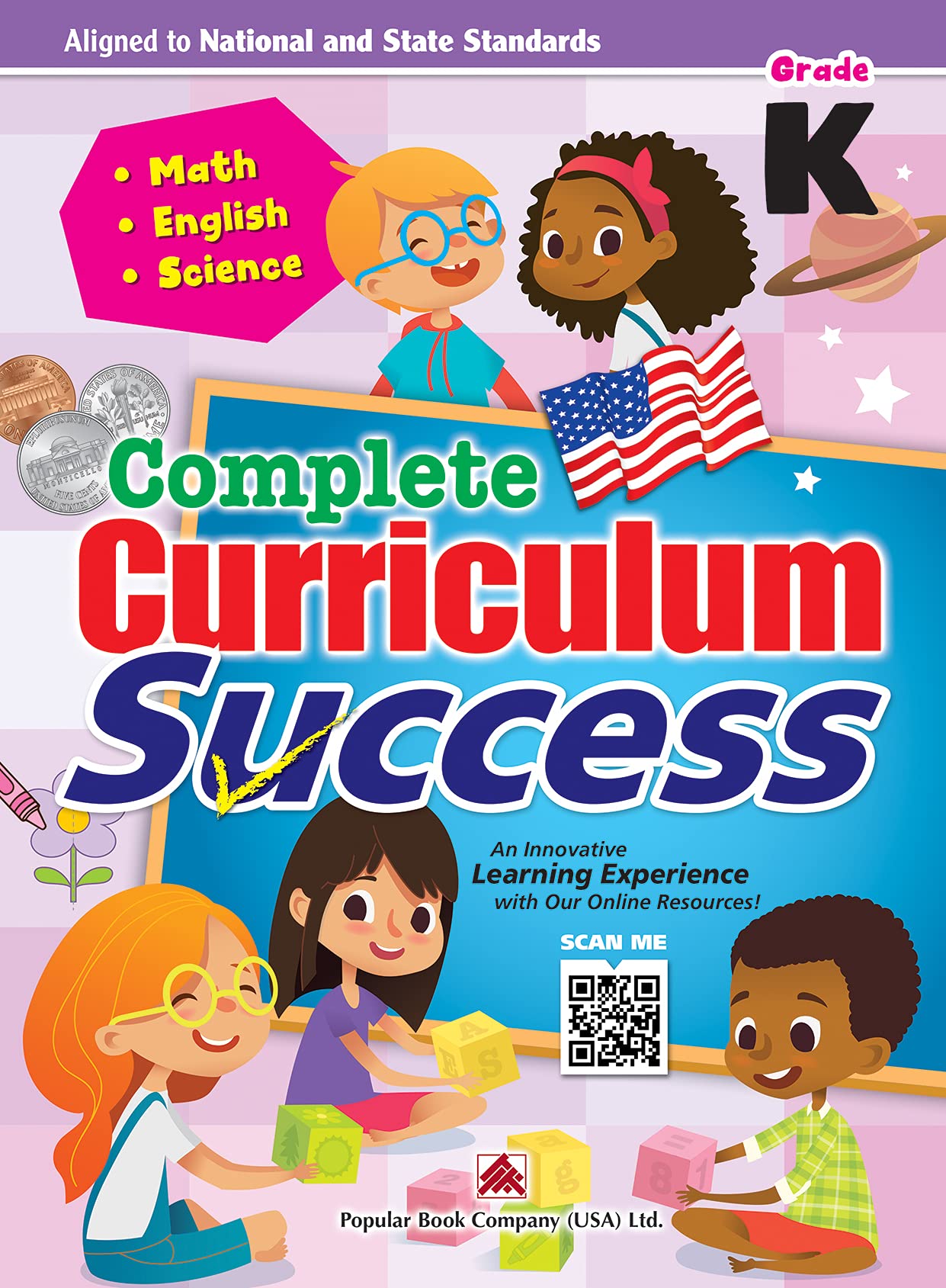Are you a parent of a grade-five student? Do you wonder what kids should learn and how long is the curriculum for grade 5 then? The answer as with most other aspects of parenting depends on your child’s academic and emotional needs. In this article we outline what you need to know about the complete curriculum grade 5.
What Is a Complete Curriculum?
As your child approaches the five grade, you may be wondering what the curriculum will entail. five grades is a critical time for academic development, as children are refining their reading, writing, and math skills for which a book of complete curriculum grade 5 is the best solution for your kid. In addition, five graders learn important social and emotional skills that lay the foundation for success in school and in life.
Here is a complete guide to the five grade curriculum, so you can understand what your child will be learning this year.
Reading instruction in five grade focuses on developing phonemic awareness, phonics skills, and fluency. By the end of fifth grade, children should be able to read with ease and understanding.
Fifth grade writing curriculum should help children develop their skills in pre-writing, writing sentences, and paragraph writing. By the end of fifth grade, children should be able to write simple stories with a beginning, middle, and end.
In math class, fifth graders learn about numbers and operations, shapes and geometry, measurement, and data analysis. They also begin to develop problem-solving strategies. By the end of fifth grade, children should have a strong foundation in basic math skills.
Fifth Grade Curriculum Topics
As a parent, you may be wondering what topics will be covered in your child’s fifth grade curriculum. While the specific topics may vary from school to school, there are some general topics that are typically covered in fifth grade. Here is a guide to some of the most common fifth grade curriculum topics:
Reading and Phonics – In fifth grade, your child will learn the basics of reading and phonics. They will learn how to read simple stories and identify words by their sound.
Writing – fifth graders will begin to learn how to write simple sentences and stories. They will also practice writing their name, numbers, and other short words.
Math – fifth grade math typically covers concepts such as counting, addition, subtraction, measurement, and shapes.
Science – Science in fifth grade often focuses on basic concepts such as weather, seasons, plants, animals, and the human body.
Social Studies – Social studies in fifth grade usually covers topics such as families, communities, and citizenship.
Tips for Choosing Homework for a Teacher
When it comes to helping your child with their fifth grade curriculum, one of the most important things you can do is make sure they have access to the best resources. This means finding the right homework for a teacher. Here are some tips for choosing homework for a teacher:
1. Make sure the homework is developmentally appropriate.
The last thing you want is for your child to be overwhelmed with their homework. Make sure that the assignments are developmentally appropriate and won’t cause them undue stress.
2. Choose homework that is engaging.
If your child isn’t engaged with their homework, they’re less likely to put forth their best effort. Make sure that the homework is something that will capture their attention and keep them motivated to complete it.
3. Find resources that support the curriculum.
There are a lot of great resources out there to support the fifth grade curriculum. Do some research and find ones that you think will be helpful for your child and their teacher.
4. Meet with the teacher to discuss options.
If you’re not sure what kind of homework would be best for your child, meet with their teacher to discuss options.
The Challenges That Parents Face with Their Child’s School Assignment
As a parent, you want what is best for your child. You may be one of the many parents who are questioning if the fifth grade curriculum your child is bringing home is really challenging enough. Here are some of the challenges that parents face with their child’s school assignments.
One challenge is that the work may be too easy or too hard. If it is too easy, your child may get bored and not learn anything new. On the other hand, if it is too hard, your child may get frustrated and give up.
Another challenge is that the assignments may be repetitive. Your child may feel like they are doing the same thing over and over again. This can lead to boredom and a lack of motivation.
Finally, you may find that some of the assignments are just plain tedious. For example, having to count to 100 or practicing writing letters can be quite boring for a child. This can make it difficult to get them to do their homework.
If you are facing any of these challenges, don’t worry – you are not alone! There are many other parents who feel the same way.
Also read: All About College Admission Via CUET



